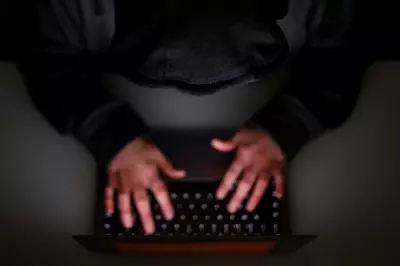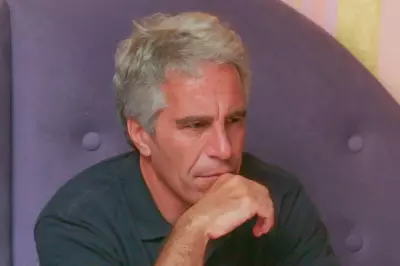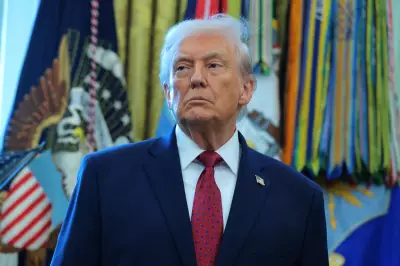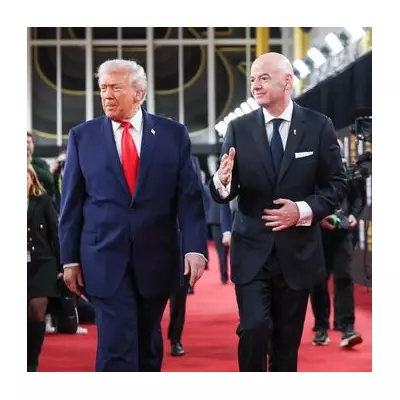
Venezuelan President Nicolás Maduro has made an explosive claim that could reshape understanding of US-Venezuela relations during the Trump administration, alleging the former American president personally offered to lift crushing economic sanctions in exchange for postponing Venezuela's 2018 presidential election.
The Alleged Backchannel Proposal
Speaking during his weekly television programme, Maduro revealed what he described as a direct communication from the Trump White House. "Through a very high-level personage, he sent me a proposal... to lift the sanctions if I postponed the presidential election," Maduro stated, though he stopped short of naming the intermediary involved in the alleged backchannel diplomacy.
The Venezuelan leader claimed he immediately rejected what he characterised as an improper interference in Venezuela's democratic processes. "I said no," Maduro declared emphatically during his broadcast. "I called the National Electoral Council and the electoral campaign was accelerated."
Election Controversy and International Response
The 2018 presidential election proceeded as scheduled, with Maduro securing another term amid widespread international condemnation. Numerous foreign governments, including the United States and United Kingdom, refused to recognise the results, citing concerns about electoral integrity and the exclusion of prominent opposition candidates.
The United States, European Union, and several Latin American nations instead recognised opposition leader Juan Guaidó as Venezuela's legitimate interim president, creating a remarkable diplomatic standoff that persisted for years.
Sanctions: Economic Weapon or Political Tool?
The Trump administration implemented increasingly severe economic sanctions against Venezuela, targeting the country's crucial oil industry and government assets. These measures were justified as pressure tactics to encourage democratic transition, but critics argued they primarily harmed ordinary Venezuelans already suffering from economic collapse.
Maduro's latest allegation suggests the sanctions may have been more explicitly linked to electoral manipulation than previously acknowledged. The claim, if substantiated, would represent a significant revelation about the Trump administration's approach to Venezuela policy.
Broader Implications for International Relations
This revelation comes as Venezuela prepares for its upcoming July 28th presidential election, where Maduro will face a united opposition candidate. The timing of Maduro's disclosure appears calculated to influence both domestic and international perceptions of the electoral process.
Neither Donald Trump nor representatives from his administration have yet commented on these specific allegations. The State Department under the current Biden administration has maintained pressure on Maduro's government while encouraging competitive elections.
As Venezuela continues to navigate one of the Western Hemisphere's most severe political and economic crises, this new allegation adds another layer of complexity to understanding international efforts to influence the country's democratic trajectory.





